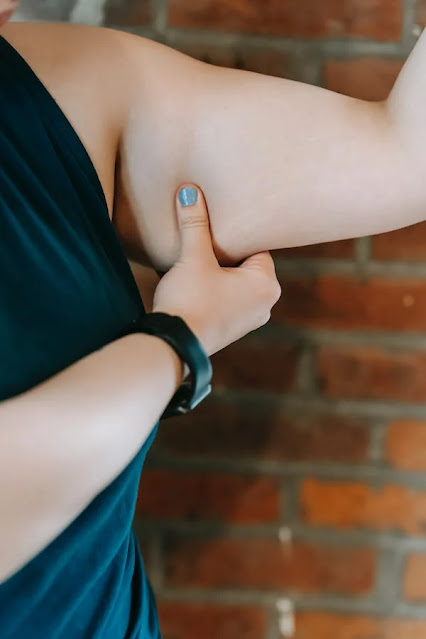WHAT CAUSES ITCHING, AND WHAT STOPS IT?

WHAT CAUSES ITCHING, AND WHAT STOPS IT? It can be a relief to scratch the occasional itch, but when itch gets out of control, it can become a severe health problem. How does the body know when to stop? Scientists at UC San Francisco are getting close to an answer. In a breakthrough that could transform how doctors treat conditions from eczema to allergies, they have discovered a feedback loop centered on a single immune protein called IL-31 that causes the urge to itch and dials back nearby inflammation. The findings, published on October 13th in Science Immunology , lay the groundwork for a new generation of drugs that interact more intelligently with the body's innate self-regulating ability. Previous approaches suggested that IL-31 signals itch and promotes skin inflammation. However, the UCSF team discovered that nerve cells, or neurons, that respond to IL-31, triggering a scratch, also prevent immune cells from overreacting and causing more ...
.jpg)




.jpg)
